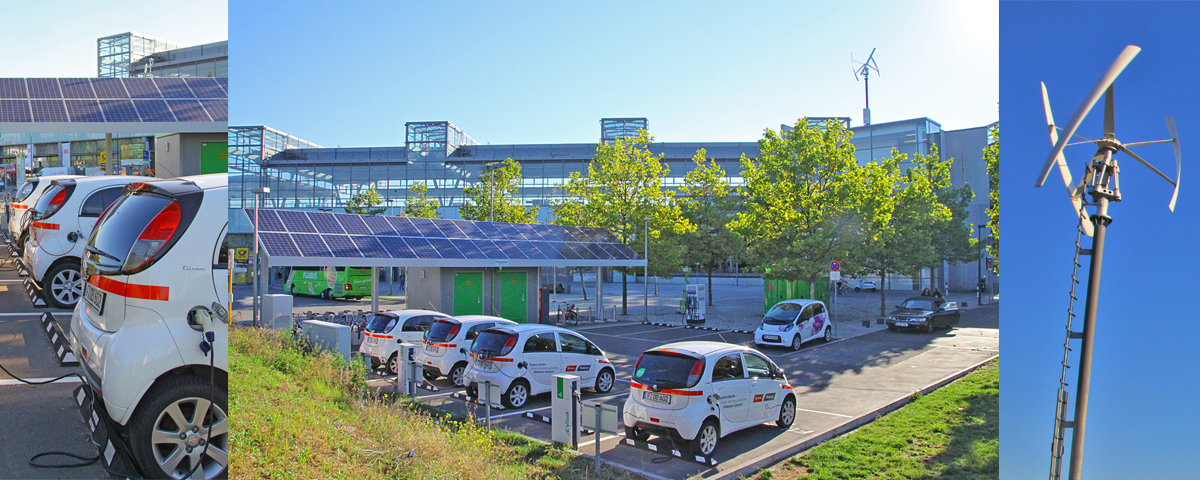The Influence of Diesel Fuel Subsidies and Taxes on the Potential for Solar-Powered Hybrid Systems in Africa (Bertheau et al. 2014)
31. August 2015
B2 – Intelligente Mobilitätsstation Bahnhof Südkreuz
1. September 2015Profitable climate change mitigation: The case of greenhouse gas emission reduction benefits enabled by solar photovoltaic systems

Philipp Blechinger, Christian Breyer, Otto Koskinen
Paper
Renewable and Sustainable Energy Reviews
(01.09.2015)
In a world constrained by climate change, it is of utmost relevance that energy technologies offer a low level of greenhouse gas (GHG) emissions at a comparatively low cost level. A literature overview is presented, which shows that the common view of PV systems contradicts its position as an economically viable key solution in reducing greenhouse gas (GHG) emissions. However, most of the found research is outdated and instead of being a region-oriented specific analysis, most of the research has focused on general cost level calculations. A simple methodology is introduced for estimating the climate change mitigation relevance of PV systems by calculating the avoided GHG emissions for specific representative PV applications in respective regions. The potential of GHG mitigation by PV systems is combined with the related economics based on discounted cash flow calculus. PV applications ranging from small PV systems in rural off-grid regions up to large scale PV power plants and commercial PV rooftop systems show financial benefits for avoided GHG emissions. Even in Germany, the costs of avoiding GHG emissions using residential rooftop systems are 17–70 €/tCO2eq depending on the applied assumptions. These costs are distinctly lower than the 80 €/tCO2eq threshold for the cost of climate change impacts. PV power plants in Germany show financial benefits of 19–93 €/tCO2eq for avoiding GHG emissions. Summing up, PV systems are a highly attractive climate change mitigation option.
DOI: 10.1016/j.rser.2015.04.061
DOI: 10.1016/j.rser.2015.04.061




